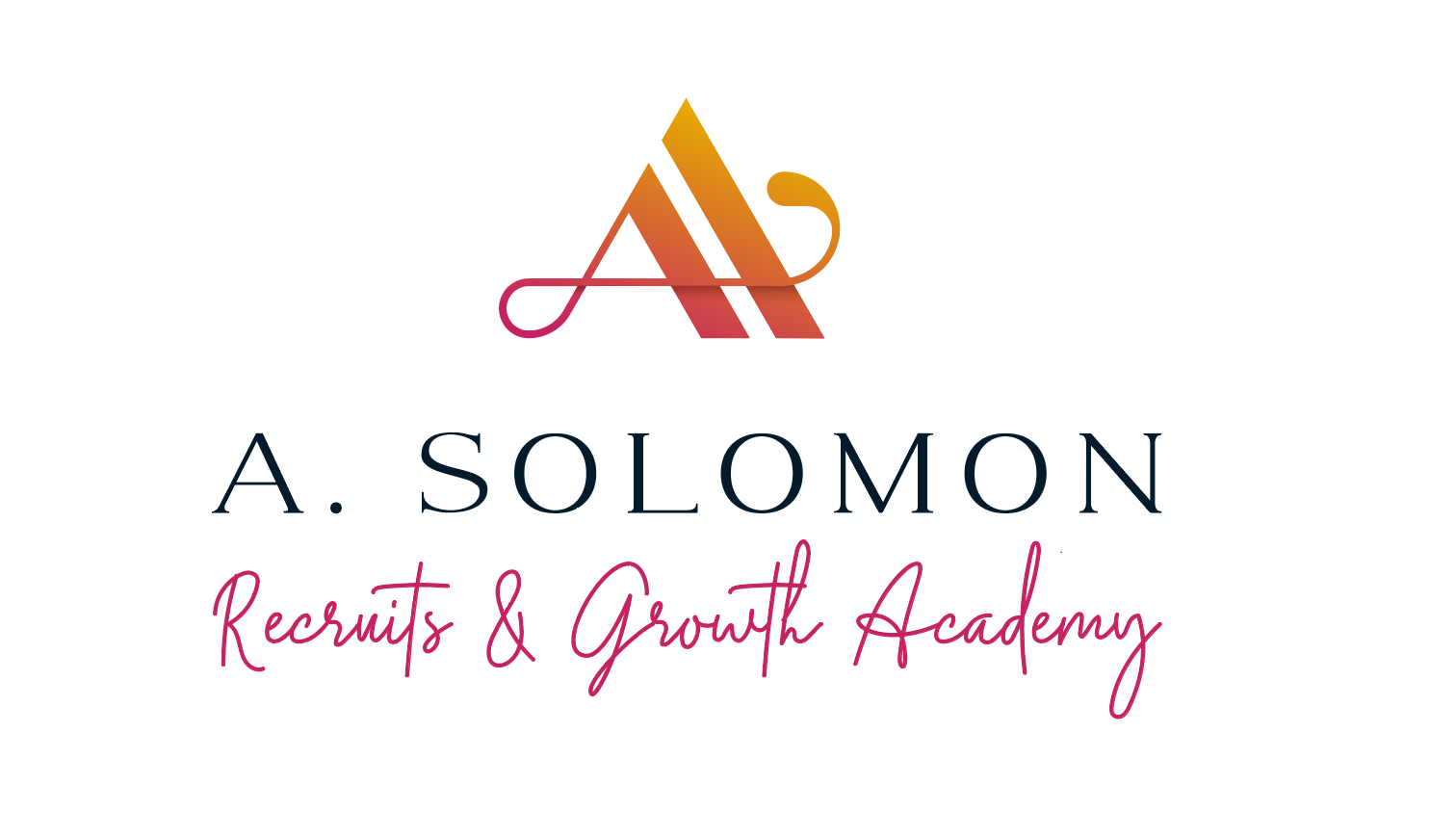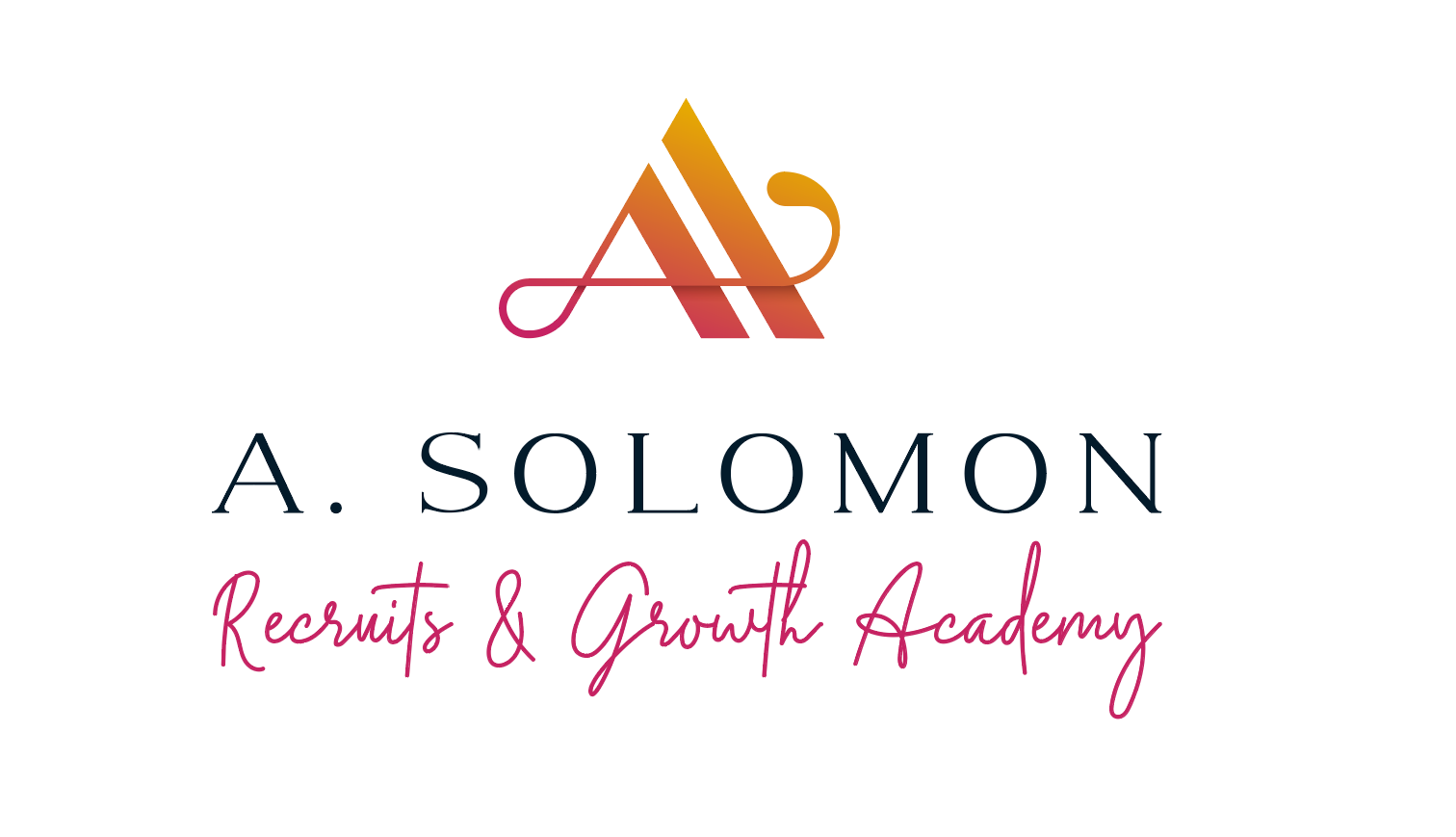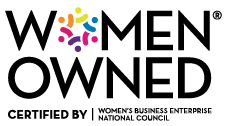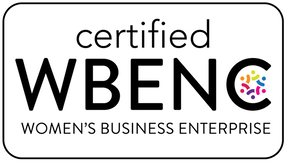What Would Martin Luther King Think About Corporate America Today?
In the spirit and honor of Martin Luther King Jr. Day, I want to not only celebrate his legacy, but also expand upon his mission for equality. Exactly what would Martin Luther King Jr. say about the state of diversity as it applies to Corporate America today? I think his thoughts would be along the lines of: while we have made tremendous strides in discussing the lack of diversity in Corporate America, only small feats have been won in the hiring landscape. More action needs to be taken in order to see significant change in a workplace society that is truly diverse at all levels. Let’s stop waiting, and actually implement policies and procedures that ensure the ongoing hiring of diverse candidates.
In a recent article written in Fortune magazine, Grace Donnelly talks to Mellody Hobson, President of Ariel Investments, known for making smart money decisions. [Apparently Ms. Hobson, who started a successful finance firm, is constantly asked to speak on issues surrounding diversity because, after all, she’s an accomplished black woman in Corporate America; so she obviously knows what she’s talking about.] In the midst of her influence to reach thousands of people, Hobson has expressed her fatigue about all this diversity talk along with imploring companies that now is the time to take action. I couldn’t agree more! I have been a Wall Street recruiter for over 20 years now and while I do see some positive changes, not enough to make substantial difference in areas of diversity.
Money talks and B.S. walks and what I mean by that is, holding those in charge of hiring to metrics that are directly tied in with their pay, is what will catalyze a change. Hobson speaks about the consequences of companies not meeting earnings. “In everything else we do in Corporate America we are held accountable.” Diversity hiring should be no different. Mandatory hiring of diverse candidates incorporated with business goals will force the hand of those in charge to hire different.
“People anchor on one thing, at the exclusion of everything else… You can’t just carry one flag and say ‘I have diversity now.'” Hobson hits the nail on the head. Plenty of firms I have met with in my staffing travels have made this blanketed statement touting they are a very diverse without understanding the need for plural representation. For instance, gender diversity has been tremendously successful at some organizations but its white women, who have reaped the rewards of diverse hiring. “White women held about one-third of all management positions at S&P 1000 companies last year, while Latinas, black women, and Asian women held less than 5% of management roles.”
Martin Luther King, Jr. once said, “The time is always right to do what is right!” This quote and MLK’s mission is more poignant than ever today. To walk on the side of what is right when it comes to diversity initiatives in Corporate America means taking drastic steps to ensure full representation. It is only when companies incorporate diversity hiring with business earnings and significant penalties (if not met) will we start seeing changes in Corporate America’s landscape.
I am someone who sees incredible potential and opportunity in places where some people don’t think to look. Minorities and women are still marginalized in the working world. As owner of a diversity staffing boutique, my team and I walk alongside our Clients in creating professional environments that are truly for ALL. I believe in our interconnectedness as a human race and strive every day to use my gifts to empower the workplace invisible and powerless. I rarely bet on certainty and always root for the underdog because after all, those are the best stories to tell.






